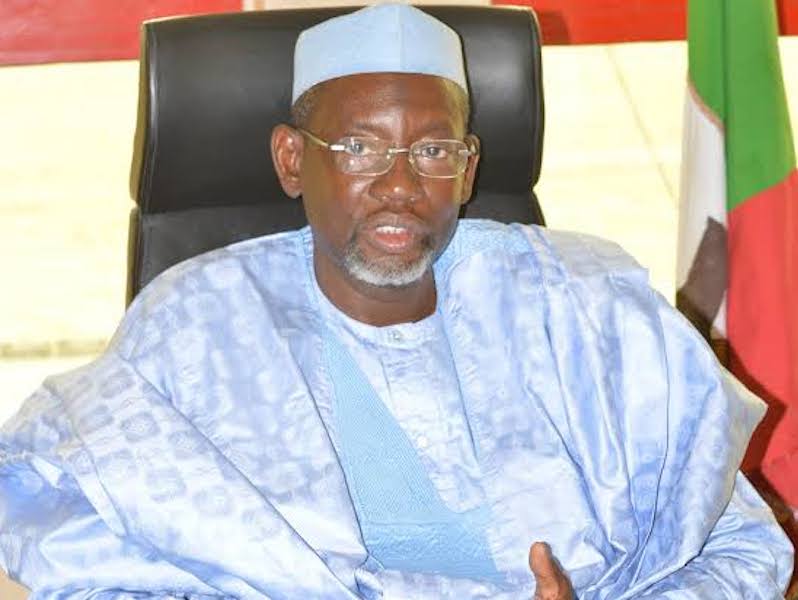 By Danlami Nmodu
By Danlami Nmodu
Chairman of the Independent National Electoral Commission,Professor Attahiru Jega has reminded political parties of the essence of collaboration as Nigeria moves toward 2015.
Jega while delivering a keynote address at an all political parties and political stakeholders’ summit warned that “We have little option than to continue to work at using interparty collaboration to achieve democratic stability and consolidation. It is in the enlightened self-interest of political parties to do so because, at the end of the day, the democratic system and political parties are like the proverbial head and ear. If the ear is spoken to and it fails to listen, when the head is severed, the ear goes with it.”
He however admitted that so far, “INEC and the political parties have made giant strides in pursuit of stability and democratic consolidation. However, several challenges persist. I hope that as we move into the final lap of preparations for the 2015 general elections, we can continue to work together to address these residual challenges.
Stressing the importance of collaboration,he said “interparty collaboration is a veritable instrument for achieving a stable and consolidated democracy. It is the central function of political parties to pursue these ends. As an election management body, INEC has worked closely with political parties in the past four years in pursuit of national stability and democratic consolidation, particularly through the Interparty Advisory Council (IPAC) and regular meetings with Chairmen and Secretaries of all registered political parties. To be sure, there is always a paradox in interparty collaboration, namely, the fact that political parties, which are essentially competitive, must collaborate in order to preserve the system. Yet there is no alternative to interparty collaboration in achieving political stability and democratic consolidation.
He noted that “Excessive, immoderate and cutthroat competition among political parties is very dysfunctional. When political parties and candidates have a high propensity to invest in winning political power at all cost, the level of instability in the system rises tremendously. Interparty collaboration provides that mediating and moderating function necessary for stability. This collaboration can span the entire gamut of functions of a political party. First, in interest aggregation, a political party aggregates interests from within by listening to various groups, and uses the information to create policy alternatives and then build support for such policies. A political party also aggregates the interests of the electorate as a basis for mobilizing support for these policies. Interparty collaboration ensures that these processes of interest aggregation and mobilization are conducted in a civic manner, in which disagreements are essentially policy based, rather than couched in entrenched group cleavages such as ethnicity, religion and wealth.
“Secondly, interparty collaboration ensures that in political education parties educate their members and the electorate on their role as citizens in the electoral process and their rights and obligations to participate in democratic activities in a responsible manner. They also enlighten their members and the citizens on their responsibilities to constructively engage the government and its officials.
“Thirdly, in political recruitment interparty collaboration could provide a framework for educating prospective political leaders, nurturing them into moderate leaders that uphold the highest standards of democratic governance. Finally, political parties as agents of political socialization could be a veritable force for socializing the wider populace into political roles based on democratic culture. Interparty collaboration could provide a platform for defining the character of political socialization.
In essence therefore, interparty collaboration is a veritable instrument available to political parties in creating conditions that support both democratic consolidation and national stability. Where democracy remains unconsolidated and fledgling, national stability is threatened. To be sure, the characteristics of a consolidated democracy are by all means a contested terrain. Even in more established democracies, there are still arguments regarding the extent to which they conform to or deviate from what may be seen as an ideal democratic system. This gap is assumed to measure the rootedness of such a democracy. Some observers prefer to focus on the attributes of a consolidated democracy, which include the length of existence of democratic structures, resilience in the face of destabilizing forces, regular holding of free and non-violent elections, etc. There is no doubt that in whatever way we choose to look at democratic consolidation and national stability, interparty collaboration is a very powerful tool for their promotion.


